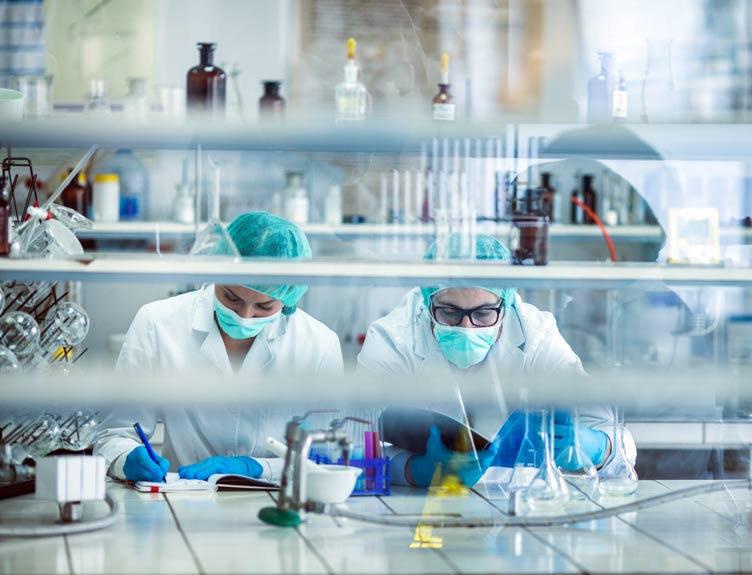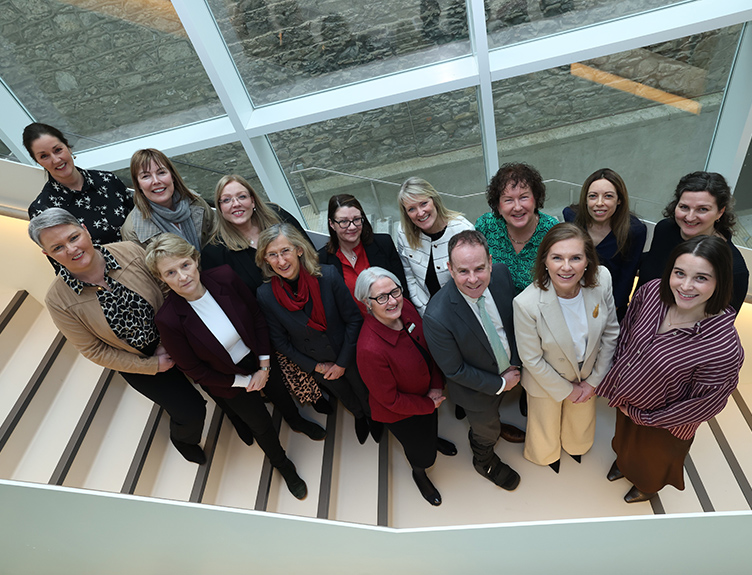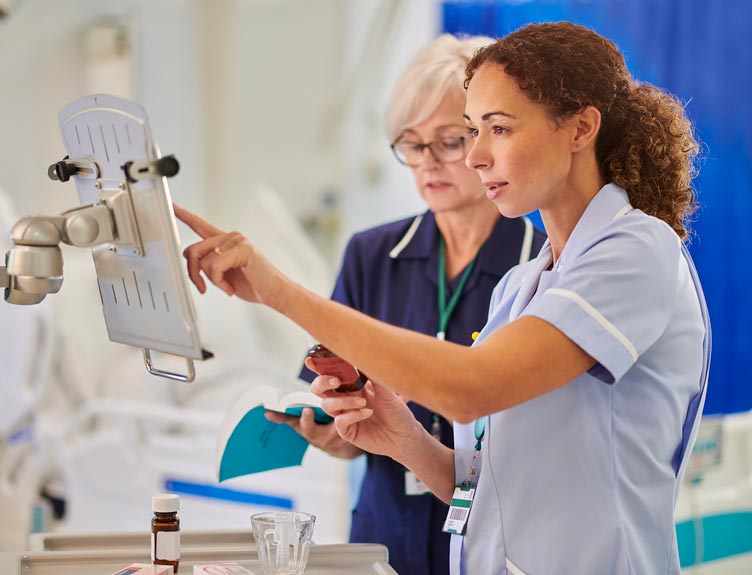Breath test detects COVID-19 infection

Scientists have used breath samples to detect COVID-19 infection in up to 93.3% of patients who had a false negative nasal swab test.
The study, led by researchers from RCSI University of Medicine and Health Sciences, is published in the current edition of Thorax.
The researchers collected breath samples from patients admitted to hospital who tested negative with nasal swab tests but had a clinical diagnosis of COVID-19. The patients were symptomatic for a median of seven days prior to admission.
They found that breath samples were able to detect the virus and that testing multiple genes increases detection. When testing for two genes of the virus, the breath test detected COVID-19 in two-thirds of patients. When the researchers tested for four genes, they detected the disease in 93.3% of patients.
While the study shows breath samples can be used as an effective, non-invasive test that may increase detection of COVID-19 infection, the study has limitations.
Due to decreased admissions as a result of public health measures, the number of patients in the study was too small to establish a statistically significant difference between nasal swabs and breath samples when testing for two genes of the virus. Since the breath samples were collected a median of two days after the nasal swabs, there is a potential for introducing bias favouring the breath test.
“It is essential to detect the disease at an early stage so that the infected person can immediately be isolated from the healthy population,” said Professor Bryan Hennessy, RCSI Associate Professor of Medicine and the study’s co-senior author.
“Due to the invasive nature of nasal swabs, some patients are too unwell to provide samples, so it is important to find alternative methods of testing. While more research is needed to confirm our findings, clinicians should consider testing breath samples to aid diagnosis of COVID-19 in patients who they suspect of being infected despite negative results from nasopharyngeal swabs.”
The study was funded by Science Foundation Ireland’s COVID-19 Rapid Response Call and the North East Cancer Research and Education Trust (NECRET).
“Our findings show that breath tests can detect SARS-CoV-2 and that testing multiple genes together increases detection; while our findings need to be repeated in larger studies, breath sampling is easy for the patient and may have further benefits over swabbing where serial testing of individuals is performed,” said Professor Ross Morgan, a consultant respiratory physician at Beaumont Hospital and the study’s co-senior author.



